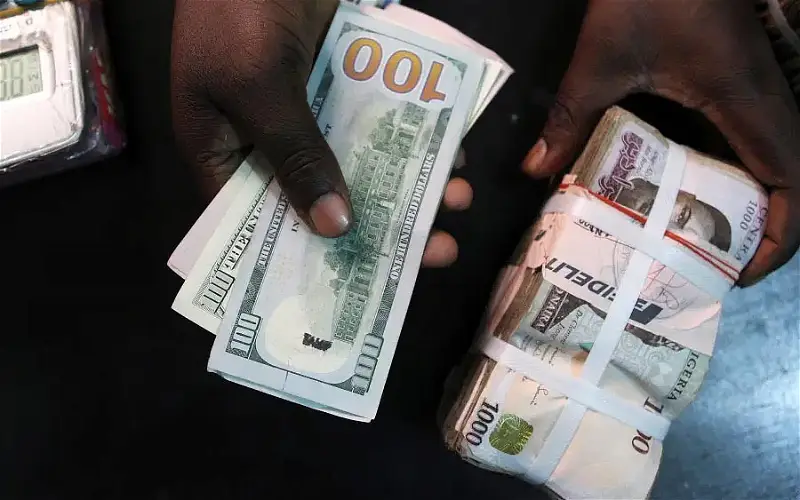The Naira’s continuous freefall despite concerted efforts by the Central Bank of Nigeria (CBN) has left many stakeholders scratching their heads.
While multiple factors contribute to this complex issue, recent reports point towards a new suspect: Binance, the world’s largest cryptocurrency exchange.
Cryptocurrencies have revolutionised the financial landscape, offering unprecedented opportunities for investment, cross-border transactions, and financial inclusion. However, their impact on national currencies, regulatory frameworks, and criminal activities remains a topic of intense debate.
The CBN’s continued attempts to stabilise the Naira include unifying forex market segments, cracking down on unwholesome middlemen, and adjusting bank policies. However, despite these measures, the Naira continues to plummet.
Intelligence reports alleged that Binance merchants have manipulated the system by advertising inflated dollar-to-naira rates.
The operations of Binance, in particular, have been scrutinised for their role in exacerbating the devaluation of the Naira.
Merchants on the platform often manipulate exchange rates to attract sellers, leading to inflated trade volumes and misleading valuations of the Naira in global markets.
This speculative trading not only distorts the value of the Naira but also undermines investor confidence and hampers efforts to stabilise the economy.
The manipulation persists despite efforts to engage with Binance and address these concerns.
It’s important to note that Binance’s troubles extend far beyond Nigeria. The platform has faced regulatory scrutiny and bans in numerous countries, including the US, UK, China, and Canada, for concerns ranging from unlicensed operations to money laundering facilitation. Additionally, Binance recently pleaded guilty to violating anti-money laundering laws in the US, raising further red flags.
While the allure of digital currencies and their economic potential is undeniable, the lack of regulation and the decentralised nature of platforms like Binance creates a breeding ground for exploitation. Criminal groups can easily convert illicit funds into crypto, making them virtually untraceable. This poses a significant threat to financial stability and national security.
The current ordeal of the Naira highlights the urgent need for stricter regulations and responsible operation within the digital currency ecosystem.
However, in a surprising turn of events, Binance has announced a collaboration with President Bola Tinubu’s administration. The platform has disabled the “sell” option for Naira-to-crypto transactions for Nigerian users and capped the “buy” option, effectively restricting their ability to trade large amounts.
It also capped the buy option to $1802 for Nigerian users and blocked the ability of Nigerians to purchase cryptocurrencies through peer-to-peer trading.
This move, although needed, is seen as a desperate attempt to control the freefall of the Naira against the dollar, which reached an all-time low of 1,902 per dollar on Tuesday before Binance blocked selling.
It raises several questions. Is it a genuine attempt to address concerns and stabilise the Naira? Or is it a strategic manoeuvre to appease the government and maintain its presence in the lucrative Nigerian market? Only time will tell.
The Naira’s future remains uncertain, but one thing is clear: addressing the concerns surrounding Binance and the broader crypto ecosystem is vital to ensuring a stable and secure financial environment in Nigeria and beyond.
